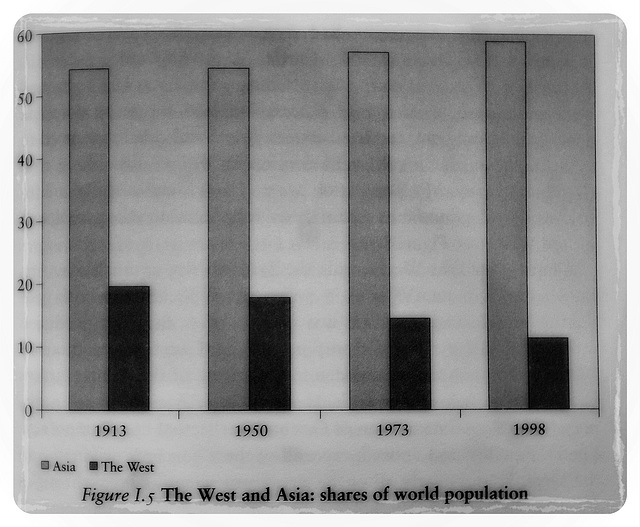Knock knock
A computer simulation of a network of cosmic strin…
The Crisis of Print
From King to supplicant
This is you talking
Internet map 1024.jpg Wikipedia
LEVIATHAN
Fossil of Language
Cognitive study of Autumn colors
Memories
Thus spake Aristotle
Lesson from Locksmith
Keeping Memories
Language
Cipher as a Code & a Zero
Power of Mitrochondria
Algorithm
The Human Condition
Evolution/consequences
Aristotle
Money/Geld/dinheiro/ 貨幣/ பணம்/ деньги/ অর্থ/ เงินต…
Samskrata ~ Sanskrit ~ संस्कृतम्
Song Bird
Abandoning the Concept of Free Will
Language
When is piece of matter said to be alive?
Squeegee Men
Social to the core
Mothers of Invention
The Elephant in the Boa Constrictor
Black Swan & David Hume!!
Fig.8-6. Apologies by political & religious leader…
Arthur Schopenhauer
J.Krishnamurthi & physicist David Bohm ~ 1984
Eratosthenes' Geodesy
"The Mystery of Consciousness"
Karl Marx
Thomas Hobbes 1588-1679
Arthur Schopenhauer
Words
Future of PC
See also...
Keywords
Authorizations, license
-
Visible by: Everyone -
All rights reserved
-
105 visits
Photo by Dinesh


- Keyboard shortcuts:
Jump to top
RSS feed- Latest comments - Subscribe to the comment feeds of this photo
- ipernity © 2007-2024
- Help & Contact
|
Club news
|
About ipernity
|
History |
ipernity Club & Prices |
Guide of good conduct
Donate | Group guidelines | Privacy policy | Terms of use | Statutes | In memoria -
Facebook
Twitter

In 1900 the West really did rule the world. From the Bosphorus to the Bering Straits, nearly all of what was then known as the Orient was under some form or another of Western Imperial rule. The British had long ruled India, the Dutch the East Indies, the French Indo-China; the Americans had just seized the Philippines; the Russians aspired to control Manchuria. All the imperial powers had established parasitical outposts in China. In East, in short, had been subjugated, even if that process involved far more complex negotiations and compromises between rulers and ruled than used to be acknowledged. This Western dominance was remarkable in that in that over half of the world’s population were Asians, while barely a fifth belonged to the dominant countries we have in mind when we speak of “the West” (see Figure I.5)
What enabled the West to rule the East was not so much scientific knowledge in its own right as its systematic application to both production and destruction. That was why, in 1900, the West produced more than half the world’s output, and the East barely a quarter. Western dominance was also due to the failure of the Asian empires to modernize their economic, legal and military systems, to say nothing of the relative stagnation of Oriental intellectual life. Democracy, liberty, equality and, indeed, race: all of these concepts originated in the West. So did nearly all the significant scientific breakthroughs from Newton to Einstein. Historians influenced by Asian nationalism have very often made the mistake of assuming that the backwardness of Eastern societies in around 1900 was the consequence of imperial ‘exploitation’. This is in large measure an illusion; rather, it was the decadence of Eastern empires that made European domination possible.
It is only when the extent of Western dominance in 1900 is appreciated that the true narrative arc of the twentieth century reveals itself. This was not ‘the triumph of the West,’ but rather the crisis of the European empires, the ultimate result of which was the inexorable revival of Asian power and the descent of the West. Gradually, beginning in Japan, Asian societies modernized themselves or were modernized by European rule. As this happened, the gap between European and Asian incomes began to narrow. And with the narrowing, the relative decline of the West became unstoppable. This was nothing less than the reorientation of the world, redressing a balance between West and East that had been lost in the four centuries after 1500. No historian of the twentieth century can afford to overlook this huge – and ongoing – secular shift. ~ Page lxvii & lxviii (Introduction)
Sign-in to write a comment.